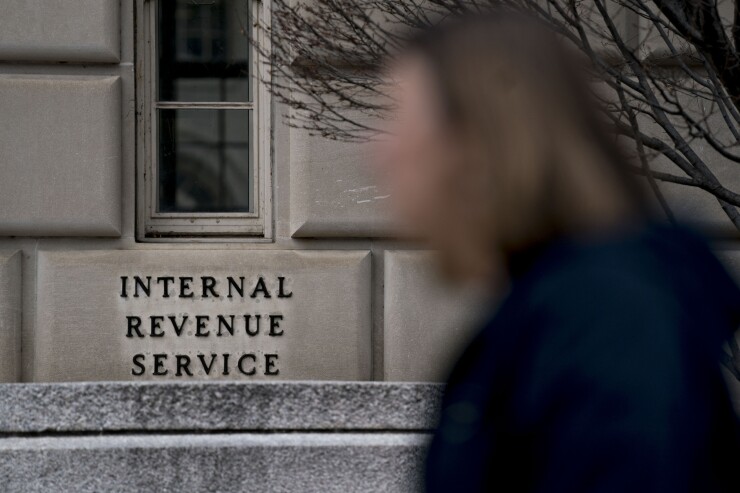IRS refunded $14.8B for unemployment compensation exclusion

The Internal Revenue Service said Friday it recently completed making final corrections to the tax year 2020 accounts for taxpayers who overpaid their taxes on unemployment compensation they received in 2020.
The American Rescue Plan Act of 2021, passed in March of that year, excluded up to $10,200 in 2020 unemployment compensation from taxable income calculations (up to $10,200 for each spouse if married filing jointly). The exclusion applied to individuals and married couples whose modified adjusted gross income was less than $150,000.
To ease the burden on taxpayers and avoid concerns about extra complications for tax preparers, the IRS took steps to review the Forms 1040 and 1040SR that were filed prior to the law’s enactment to identify taxpayers who had already reported unemployment compensation as income and were eligible for the correction. The IRS then figured the correct taxable amount of unemployment compensation and tax.

Andrew Harrer/Bloomberg
Some taxpayers received tax refunds, but others had the overpayment applied to taxes due or their other debts. In some instances, the exclusion only led to a reduction in a taxpayer’s AGI. The IRS mailed a letter to these taxpayers to tell them about the corrections. Taxpayers are supposed to keep that letter with their tax records.
In all, the IRS corrected approximately 14 million returns, generating nearly 12 million refunds totaling $14.8 billion, with an average tax refund amounting to $1,232.
Many of the IRS adjustments included corrections to the Earned Income Tax Credit, the Recovery Rebate Credit, the Additional Child Tax Credit, the American Opportunity Tax Credit, the Premium Tax Credit and the Advance Premium Tax Credit.
Not everybody’s return was corrected, though. If a taxpayer is eligible for the unemployment compensation exclusion and their account was not corrected by the IRS, the service cautioned that they may need to file an amended 2020 tax return to claim the exclusion and any applicable non-refundable or refundable tax credits affected by the exclusion.
Taxpayers shouldn’t file an amended return if they previously filed one claiming the exclusion, however. For more details, including eligibility requirements, see the 2020 Unemployment Compensation Exclusion FAQs on IRS.gov.
If taxpayers do need to amend their tax year 2020 Forms 1040 and 1040-SR, they can file Form 1040-X, Amended U.S. Individual Income Tax Return, electronically with tax filing software.
Taxpayers can view their 2020 tax records in their IRS online account or ask the IRS to send a 2020 tax account transcript in the mail to them.


